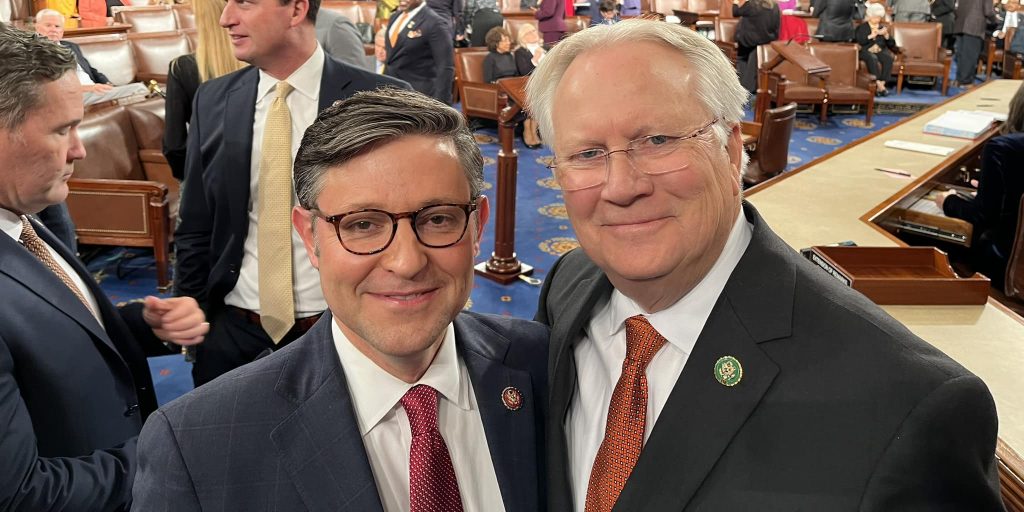“Nobody is taking away your gas stove.”
These words were tweeted by Senate Majority Leader Chuck Schumer in February. His rant was aimed at his Republican counterparts for making a ruckus over a Biden Administration official calling for nationwide gas stove bans.
In April, Schumer’s home state of New York became the first state to ban hookups of natural gas appliances for new construction. Technically, Schumer was right. The state of New York is not taking away anyone’s gas stove. They’re just banning them for use in the future.
Meanwhile, Biden’s Department of Energy proposed to regulate gas stoves under the guise of energy efficiency to such a level that will make them either unmakeable or unaffordable. This is one of their many efforts aimed at pricing products that consume oil and natural gas out of the marketplace.
The fanatical movement to eliminate fossil energy sources is the exact reason the Alabama Legislature passed HB 446 in 2021, which prohibits governmental entities in Alabama from restricting access to energy lawfully provided by utilities, like natural gas.
Some localities in parts of our country, and now a state, have acted to prohibit natural gas usage in new developments. Thankfully, in Alabama at least, both Republicans and Democrats are sensible about energy, understanding the utter foolishness of actions like outlawing gas stoves. HB 446 passed unanimously in the House and with only one nay vote in the Senate.
But in Washington, D.C.; New York; and some other blue states, the wars against fossil energy are raging, and Alabama should continue to be watchful. The citizens of these states are being introduced to a threat the United States has seldom faced – energy poverty.
In Europe, energy prices are already sky-high due to years of restrictive energy policies. The European Union says “energy poverty occurs when energy bills represent a high percentage of consumers’ income, or when they must reduce their household’s energy consumption to a degree that negatively impacts their health and well-being.”
As we’re seeing now in the U.S., when government policies cause the cost of energy, appliances, and other common consumer products to go up, every household and business is impacted, but the low to middle income population is the hardest hit. Even so, the politicians pushing these policies don’t seem to be deterred. Many will admit they believe the added expense and unwanted lifestyle changes to families and businesses are a necessary cost of their crusade.
Depriving American citizens of energy choices is the clear goal of these policies, and the anti-fossil movement will persistently aim to push more actions like this into the political mainstream even while it’s wildly unpopular among the population.
Few people are dumb enough to believe that gas stoves are suddenly a major public health risk. Even those pushing these policies likely know that, but gas stove bans have become somewhat of a jewel in the crowns of those on the front lines in the war against energy freedom, which reaches far beyond kitchen stoves into the car we choose to buy or the reliability of our electric power.
The U.S. has thrived on abundant energy for hundreds of years, but some want to take us all on a drastically different path forward. New, European-style policies being pushed in Washington, D.C., and other places are transitioning away from abundant and affordable energy to scarce and expensive energy.
Unfortunately, energy poverty in the U.S. will likely become a more commonly known happening as time passes. Let’s hope Alabama and other like states can stay somewhat insulated from foolishness in New York and elsewhere.
As policies like gas stove bans drive up energy and product costs, will the next generation become dependent on the government to cover their unaffordable costs? That may be exactly what those behind these policies want.
Patrick Sullivan is President of the Southeast Oil and Gas Association.













